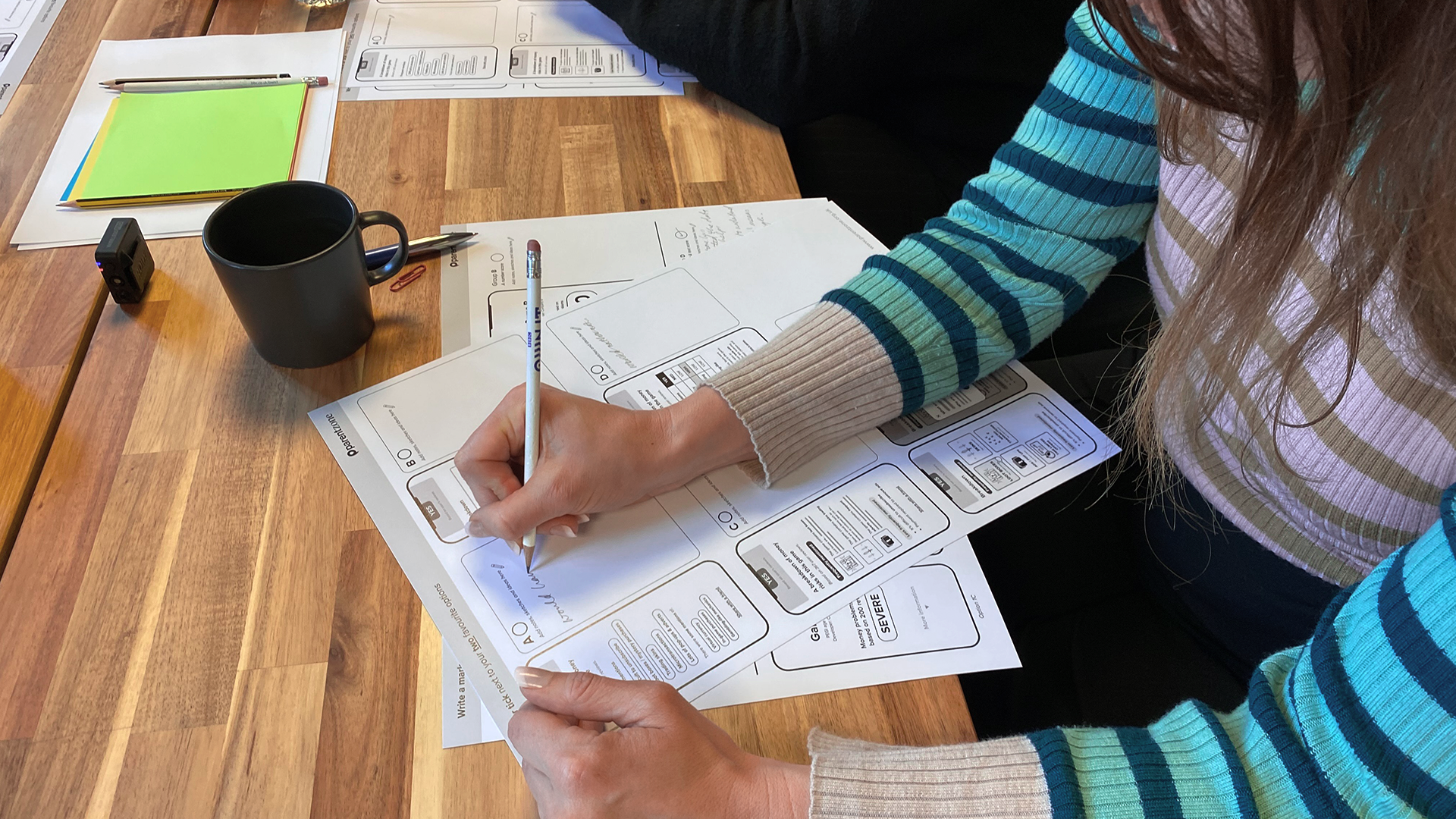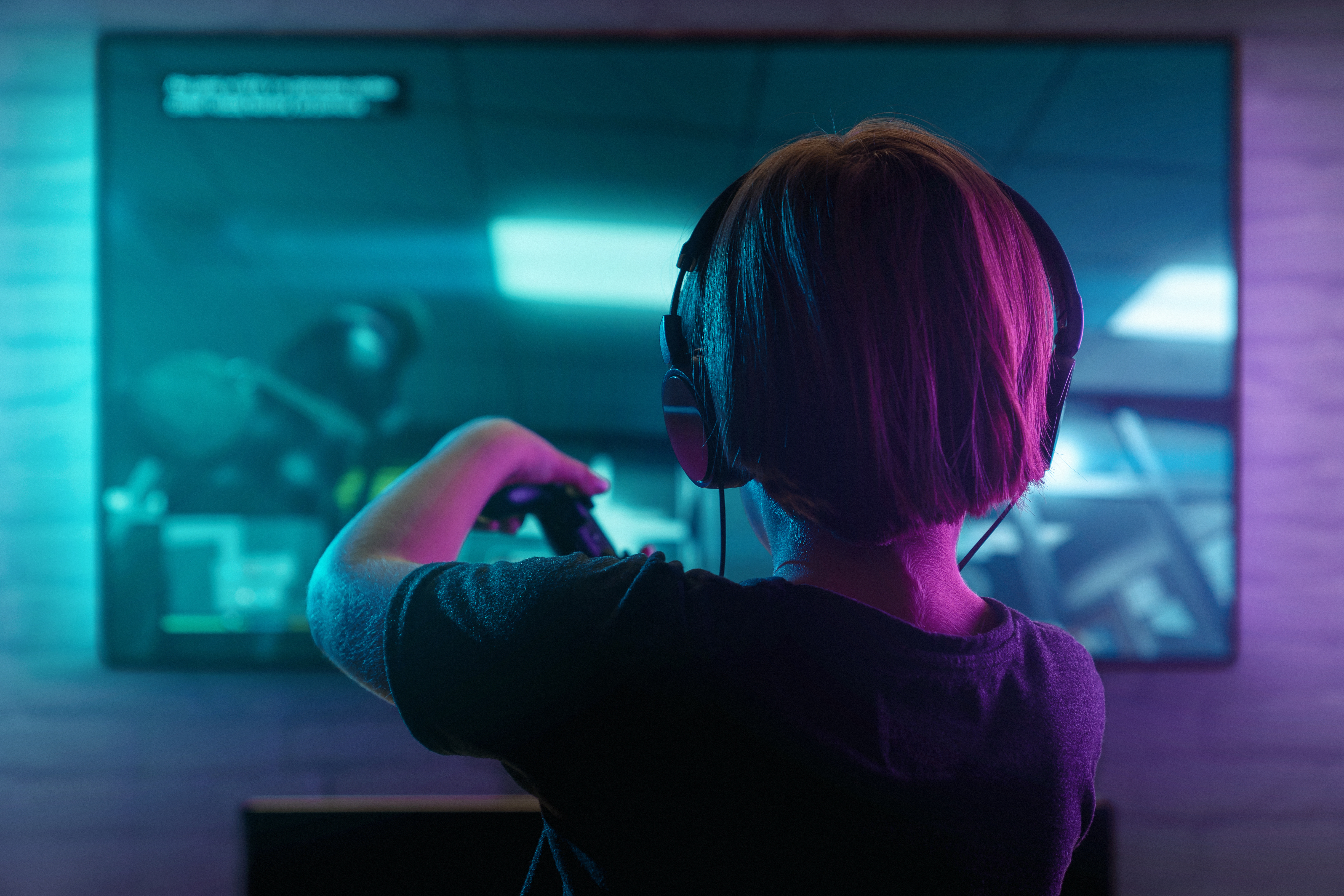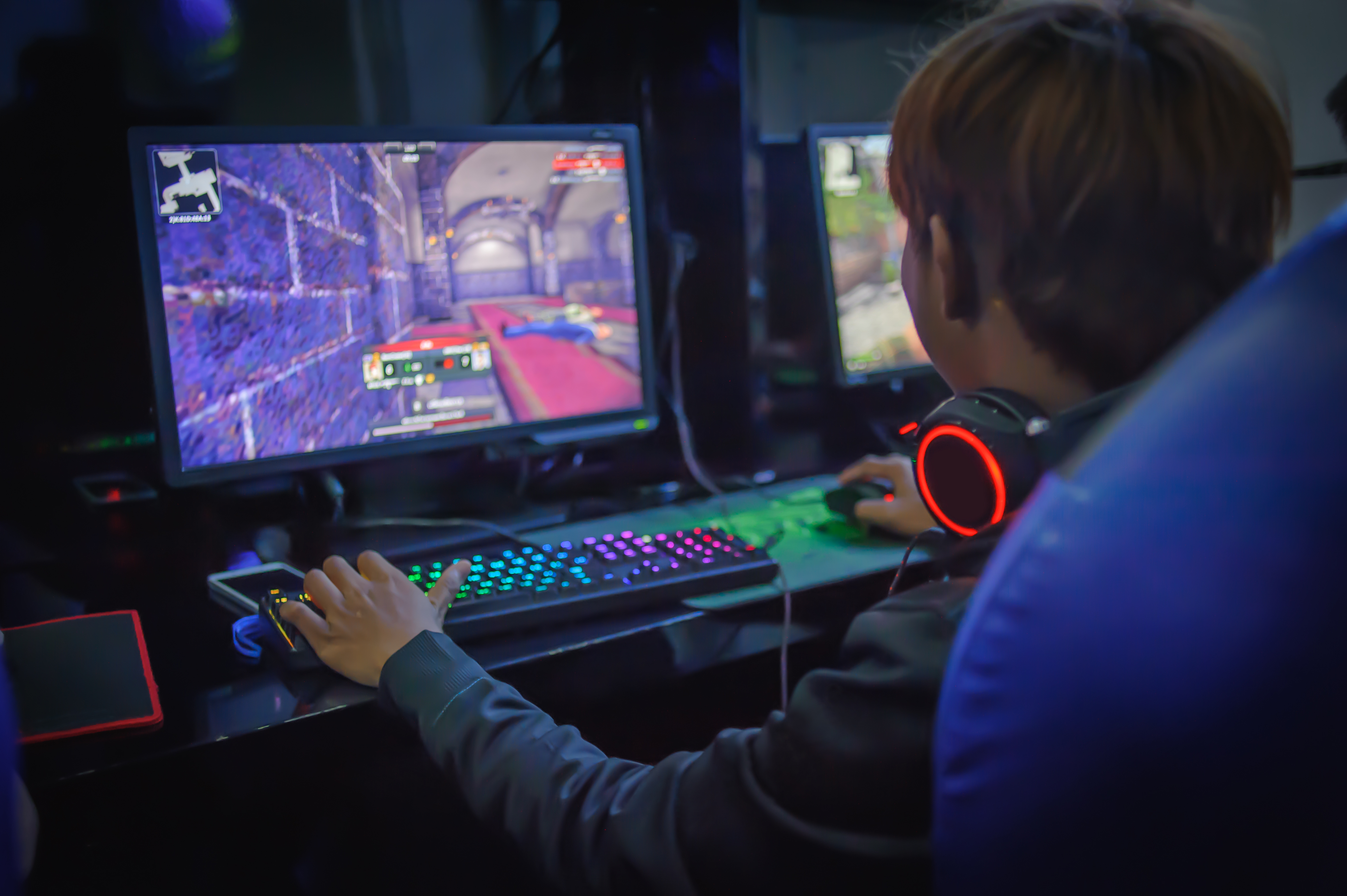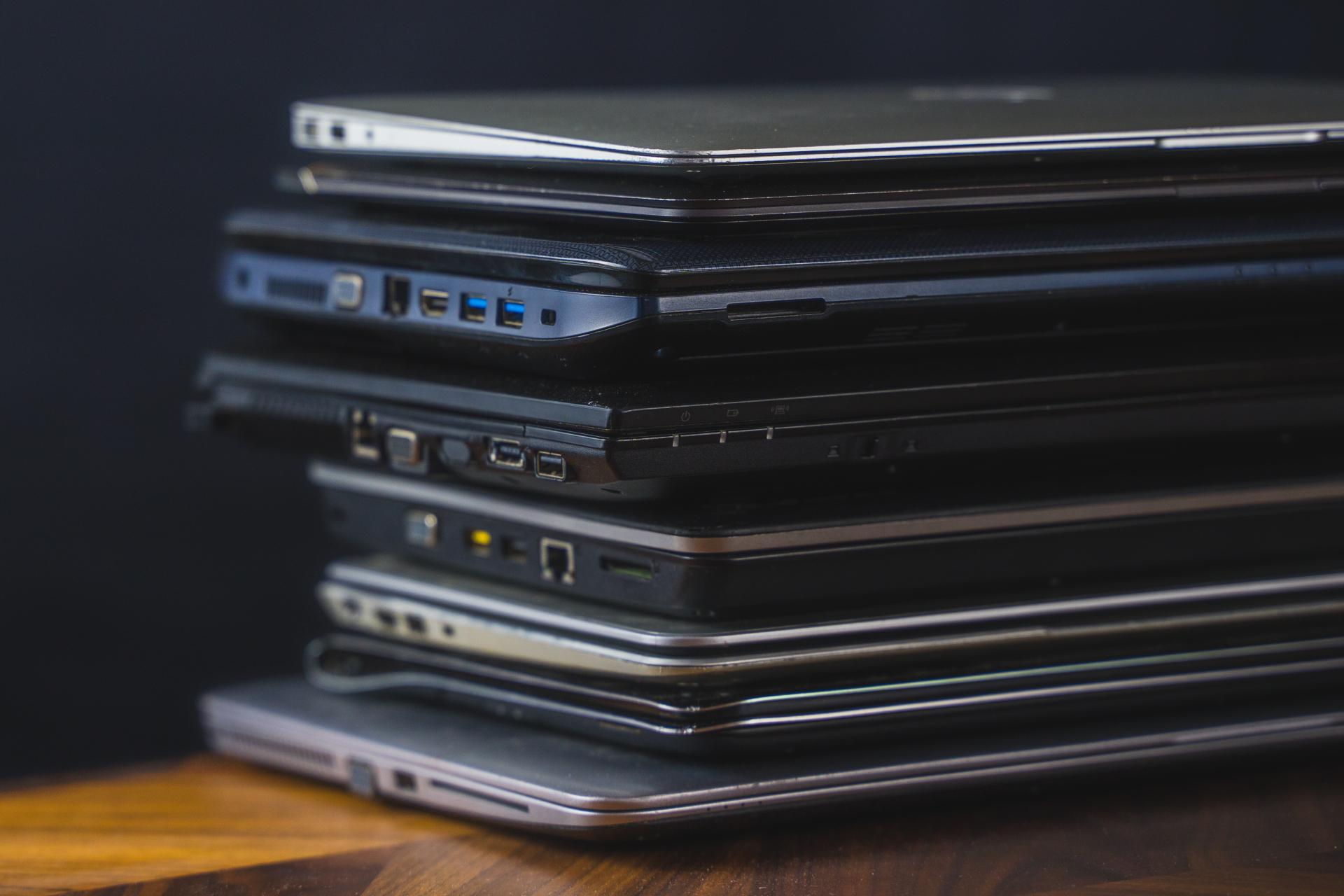Struggling to afford access to digital? Here’s where to find help
The current cost of living crisis has put financial stress on many households across the UK.
Affordable access to digital technology – whether broadband and data, devices, or even the energy costs needed to go online – is becoming increasingly difficult for many.
If this sounds familiar then it’s important to realise you’re not alone.
Around 9% of UK households report having zero access to laptops, desktops, or tablets at home – and our Left Behind in Lockdown report also uncovered inequality in UK families’ digital access.
Millions are behind on broadband bills, and Ofcom reported that over a third of primary school children didn’t always have appropriate devices at home “for their online schooling needs” during lockdown.
But there’s plenty of support out there for getting online at home.
Read on to find out about organisations and initiatives that can help.
Access to digital matters
Capable and connected digital devices are essential for many things in life: whether it’s working, home learning, shopping, or staying in touch with friends and family.
And that’s not all. Banking, paying bills, customer service, healthcare support, and job searching are now designed to take place online. If you’re unable to send emails or complete online forms then accessing these critical services can be challenging.
It’s also suggested that without proper access, people can end up spending more on essential products and utilities if they can’t freely ‘shop around’ online.
And digital exclusion extends to culture too. Many news outlets now operate mainly online and plenty of games and entertainment services (such as Netflix or YouTube) require connectivity.
As a result, a lack of digital access impacts our ability to stay connected and limits how we unwind and play. This can lead to feelings of isolation or depression, and can even negatively impact physical health.
We’re also less likely to develop skills and for children this can be critical in learning to become digitally resilient and media literate.
What to do
If you’re struggling with connectivity or access to a device, there are steps you can take and help you can request.
Note: practically all of the services listed below are contactable by phone, meaning you don’t always need online access to use or contact them.
Digital devices
Firstly, you may be needing a device to go online at home.
The Digital Poverty Alliance, who operate in England and Scotland, freely supply laptops to families whose children don’t have constant access to digital devices.
Get Online @ Home have highly subsidised offers for refurbished mid-range digital goods – meaning you can get devices like tablets, laptops, and PCs for much less than retail.
If a device is needed for home learning, your child’s school may also be able to help. Don’t be embarrassed to ask: many schools provided devices to families during lockdown.
Saving on energy costs
We know the cost of electricity to power devices has risen dramatically through 2022 and 2023.
Citizens Advice has a useful set of resources for accessing council tax rebates, other government initiatives to combat energy costs, and grants for repaying energy debts.
Ofgem also has a database to help you find your energy supplier and network operator – remember that these companies will each have specific contracts, financial advice, and repayment plans.
Affordable broadband and data
Going online at home doesn’t just require devices and electricity, broadband or data is obviously needed too.
Remember to shop around. Mobile providers like Tesco can provide more affordable data packages than some other well-known high street providers. Make sure you take the time to find out the best deals before signing a contract.
If you receive benefits, you might be eligible for significantly cheaper ‘social tariffs’. While these have slower connection speeds than higher-cost plans, they still offer connectivity. BT, Virgin Media, and Sky all offer social tariffs, so are worth looking into.
The Good Things Foundation offers free mobile data through their ‘Data Bank’. You can search for the closest Online Centre which provides this service.
If you do receive Universal Credit it’s also worth contacting the Jobcentre Plus or your work coach to inquire about a scheme run by the DWP and TalkTalk which offers free broadband for jobseekers.
Digital skills
Lack of access to digital technology can limit your skills – but there are organisations that can assist if you need a boost in confidence around setting up or using connected devices.
The Good Things Foundation aims to support families who are unfamiliar with digital. Their Online Centres offer not just data but technical training and support too.
It’s also always worth looking at the education and access services of your local council. Because each council will operate slightly differently it’s best to contact them directly. You can find your local council using this A-Z.
All of these organisations appreciate how difficult affordable digital access can be for families, and their aim is to minimise how many experience digital exclusion.
If you do find yourself needing any of their services then don’t hesitate to contact them.
Latest Articles

Designing a game rating tool that helps parents
Parent Zone is developing a new age-rating-style tool to transform confusing financial features into clear, usable information, helping parents make informed decisions about their children’s games.

Why does gaming’s omission from the Online Safety Bill matter?
We explain why gaming's omission from the Online Safety Bill is important.

7 key issues from the Online Safety Bill report
We look at the legislative committee response to the Online Safety Bill.

